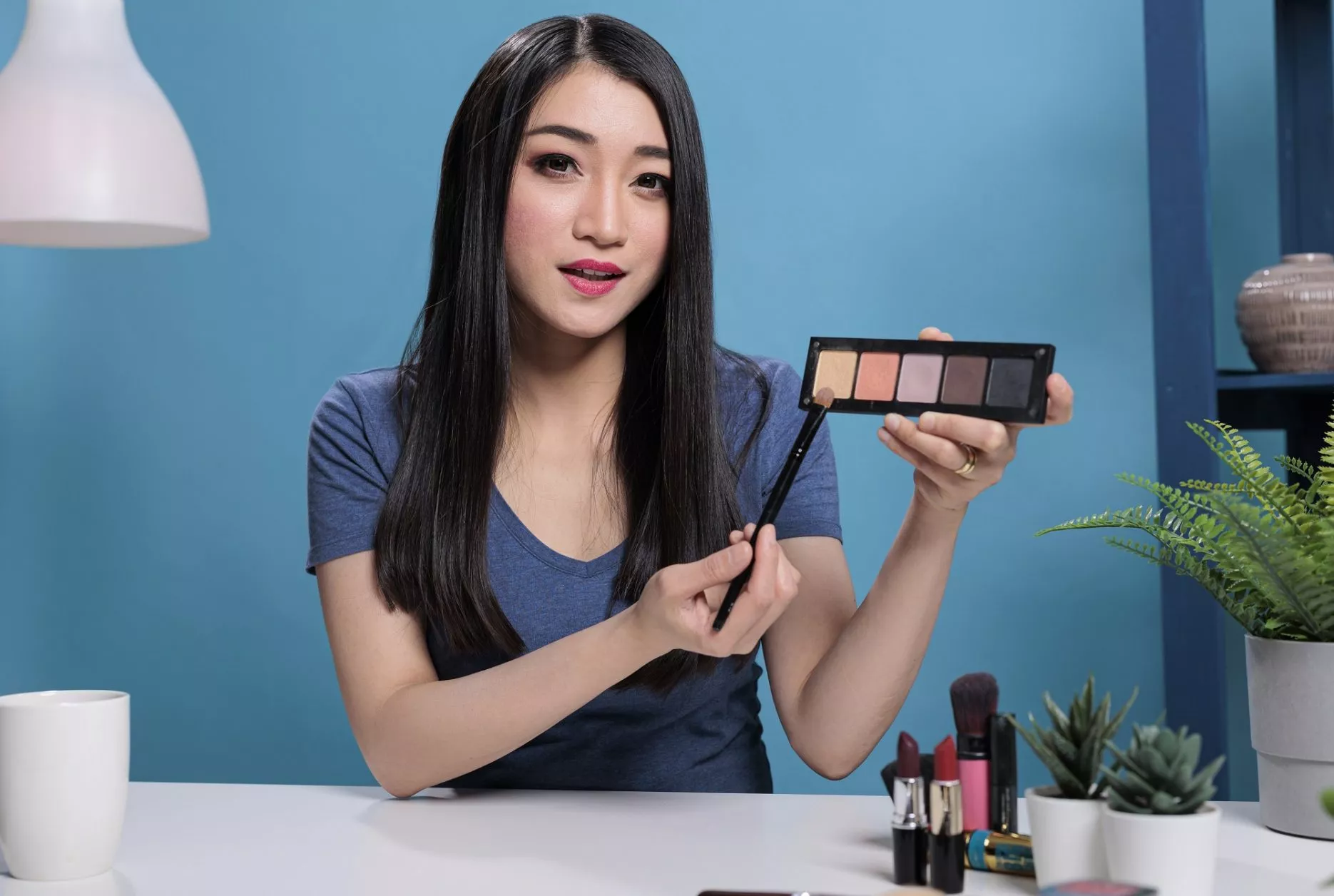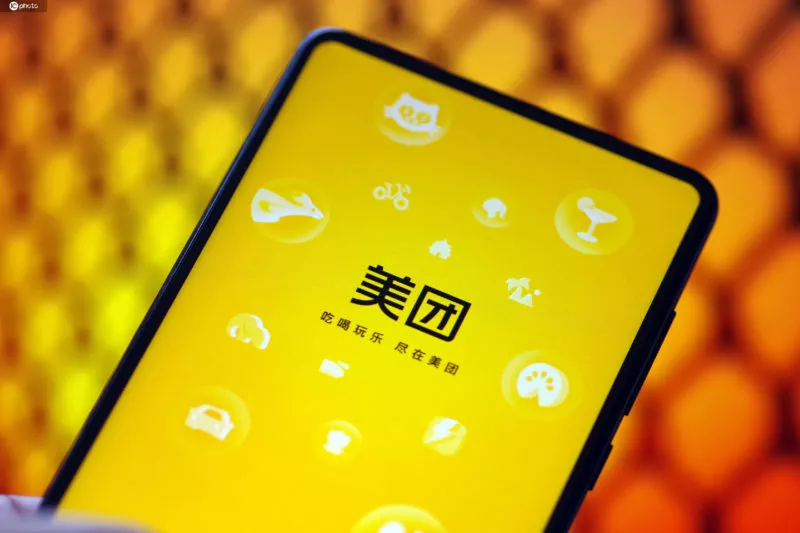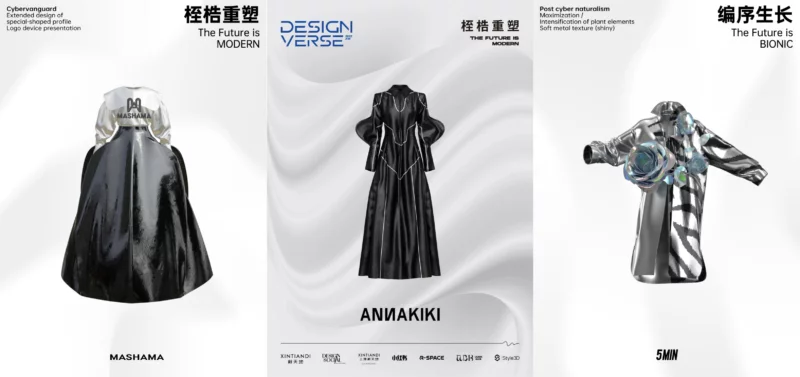From traditional e-commerce platforms such as Taobao, Tmall, and JD.com, to social media including Douyin, Kuaishou, and Xiaohongshu, these digital spaces with the world’s second-largest cosmetics consumer market have been penetrated with beauty brands both from home and overseas.
Having hit a whopping GMV (gross merchandise volume) sale of 254.3 billion RMB in 2021, according to Guoyuan Securities, Alibaba-owned Taobao and its sister Tmall continue to be the main battleground for cosmetic makers. While its rival JD.com has been hot on their tail, pulling off a year-on-year increase of 30% in beauty sales in the same year. In addition, social platforms are also stepping up to gain a slice of the thriving market, with the Chinese TikTok Douyin grabbing 17% of the market share from the former two in 2021.
While the Chinese beauty market is expecting further growth to reach $140.5 billion by 2025, double compared to 2019, as per Goldman Sachs, e-commerce remains the go-to for beauty consumption, especially amongst Chinese Gen Z demographics. Landing on the right online marketplace is crucial for brands to gain a share of the market boom given the complexity of China’s digital landscape and the uniqueness of online ecosystems fostered by different platforms and their own audiences.
Alibaba’s e-commerce empire has been undergoing an upgrade with the upscale platform Tmall being the engine for such transformation, providing a habitat for niche, high-end international brands to kick off sales in China’s market. Meanwhile, big market players are expected to face fiercer competition in sub-categories, such as perfume, fragrance, and beauty equipment.
On the other hand, JD.com appears to be an online traffic booster for emerging brands, with small and medium-sized businesses being the biggest beneficiaries. A total of 35 new cosmetic brands on JD.com reported an overall sale growth of over 200% during last year’s Double 11 Shopping Festival and more than 400 smaller players saw a three-fold increase in their daily sales on the festive day. Such momentum is believed to continue in 2022, according to Chu Mou, a member of JD.com’s beauty department.
In addition, Xiaohongshu, China’s biggest lifestyle-sharing platform which has also been a breeding ground for beauty products, is also expecting a higher demand for products such as essential oils and cream. Therefore, it becomes an ideal shortcut for brands with such offers to win over young users on this platform.
By contrast, China’s second-largest short video app Kuaishou is set to be a powerhouse for brands specialising in sub-categories ranging from men’s beauty to personal care and perfume. Whereas Douyin sees native brands offering affordable prices start taking a foothold with the middle-tier market of personal care equipment growing its potential, per the 2022 Douyin Makeup Industry Analysis Report.









